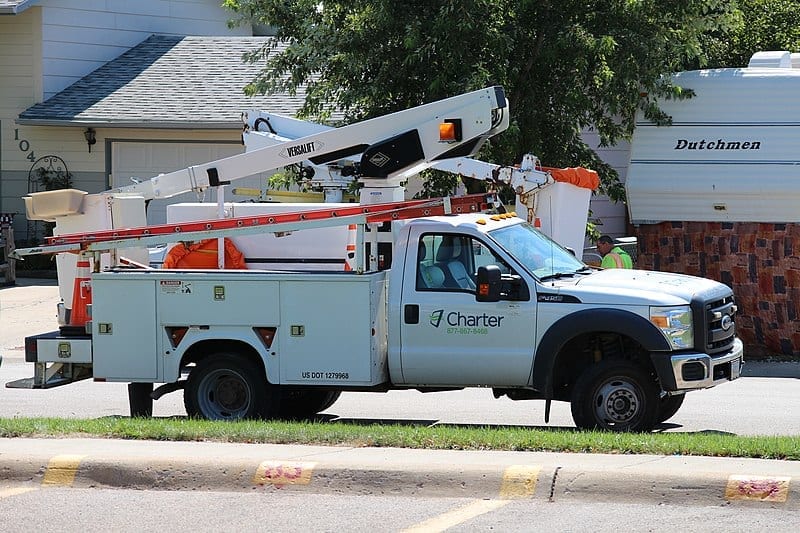Earlier this month, a racial discrimination lawsuit was filed against Charter Communications by an African-American entrepreneur and entertainer, Byron Allen, that just got the go-ahead from a federal court that it may proceed. The lawsuit itself alleged that Charter Communications treated Entertainment Studios poorly compared to white-owned companies. According to Judge Milan Smith Jr., the allegations “are sufficient to state a viable claim.”
Charter Communications, which happens to be the second-largest cable company in the country, has so far pushed back against the lawsuit, condemning it. In a statement, the company said:
“This lawsuit is a desperate tactic that this programmer has used before with other distributors. We are disappointed with today’s decision and will vigorously defend against these claims.”

Allen, however, praised the recent rulings as “unprecedented and historic.” He added, “The lack of true economic inclusion for African-Americans will end with me, and these rulings show that I am unwavering in my commitment to achieving this long overdue goal.”
For those who don’t know, Entertainment Studios is a Los Angeles-based production and distribution company founded and owned by Byron Allen, an actor, and comedian. The studio itself is responsible for producing TV shows and operating “several networks, including The Weather Channel.”
But what happened, exactly? What kind of racial discrimination did Entertainment Studios endure? For starters, according to the lawsuit, Entertainment Studios “secured carriage contracts with more than 50 operators — including distributors such as Verizon, AT&T, and DirecTV — but it could not reach a similar agreement with Charter.” Additionally, the suit claims that from 2011 to 2016, “Charter’s then-senior vice president of programming, Allan Singer, declined to meet with Entertainment Studios representatives or consider carrying its channels.” During the same time, “Charter negotiated with white-owned networks and also made carriage agreements with The Walt Disney Co., and Time Warner Cable Sports.”
In an amended complaint, Entertainment Studios further accused a handful of Charter Communications executives of racial bias. For example, on one occasion, “Singer allegedly approached an African-American protest group outside Charter’s headquarters, told them to get off of welfare and accused them of looking for a handout.”
To make matters worse, when Allen attempted to talk to Tom Rutledge, Charter’s CEO and Chairman, at an industry event, Rutledge allegedly “refused to engage, referring to Allen as ‘boy’ and telling Allen that he needed to change his behavior.”
According to the lawsuit, these incidents of discrimination “showed Charter’s institutional racism.” The plaintiffs also added that Charter Communications “had historically refused to carry African American-owned channels and that before its 2016 acquisition of Time Warner Cable it had a board of directors comprising only white men.”
Despite pushing back against the suit and the recent court ruling allowing the case to proceed, officials with the cable company said Charter is “committed to diversity in their programming and personnel… Among initiatives launched in the past few years, the company hired in 2016 former Novartis Pharmaceuticals executive Rhonda Crichlow, who is black, as its first chief diversity officer.”
Sources:
Charter Communications racial-discrimination lawsuit to proceed


Join the conversation!